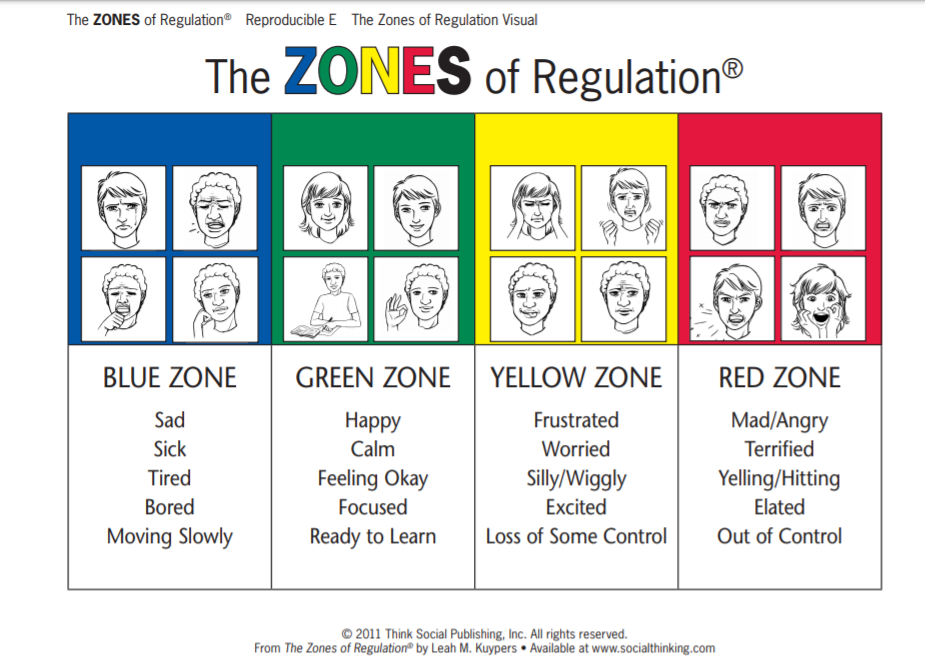Behaviour Support

Kate Connah
Behaviour Support Lead
Our Behaviour Support Lead, Kate Connah, works closely with a small core team to support and assist pupils in their behaviour management.
Members of our behaviour team attend (approximately half-termly) BILD co-ordinator meetings as part of the Cheshire Special Schools Consortium.
The Behaviour Team:
- Reviews policies and procedures relevant to ensuring positive behaviour management so as to ensure an optimal learning environment
- Monitors whole school behaviour standards
- Monitors relevant professional development and support opportunities for all staff
- Liaises with pastoral staff to support behaviour management. Support includes:
- Class observations
- Functional Behavioural Assessment (FBA)
- Creation of behaviour support plans, e.g., Positive Behaviour Support (PBS) Plans and Sensory Diet Plans
- Advice, strategies and resources
Behaviour Clinics
Kate and Sarah Collins (our EHWB Mentor and Therapeutic Behavior Lead) jointly hold Behaviour Clinics.
These are short, 30-minute appointments to discuss behaviours of concern at home.
Parents/carers first refer their child to the Behaviour Clinic. An appointment is then arranged to discuss any challenging behaviour being experienced with their child at home. The Behaviour Team then source and create appropriate resources, advice and strategies for parents/carers to trial at home. A review takes place after four weeks to determine how effective the programme of support has been and to outline any additional support required.
Behaviour Clinic Referral Forms:
Functional Behavioural Assessment (FBA)
Functional Behavioural Assessment (FBA) is an approach used to determine the cause of a behaviour. All behaviour is communicative, and the purpose of an FBA is to identify what a pupil is trying to communicate. If what’s causing the behaviour can be understood, ways can be found to change the behaviour. So, a specific behaviour of concern is identified and its purpose determined. The Behaviour Team then develop a suitable intervention programme to support the pupil in extinguishing the behaviour or developing a more appropriate alternative.
The paperwork used consists of:
Zones of Regulation
Zones of Regulation is taught as part of our school’s PSHCE curriculum. Zones of Regulation is full of a range of activities to help a child develop skills in the area of self-regulation. Self-regulation can go by many names, such as self-control, self-management and impulse control. It is defined as the best state of alertness of both the body and emotions for the specific situation. For example, when your child plays in a basketball game, it is beneficial to have a higher state of alertness. However, that same state would not be appropriate in the library.
There is progression around what is taught and learnt. For example, children in Primary learning to identify different emotions and children in Seniors discussing how behaviour impacts the feelings of those around us.

Please read our Zones of Regulation Guide for Parents. If you’ve any questions, please ask your child’s teacher.
Other resources and information available are:
- A Zones of Regulation website presentation
- A support sheet of handy tips and ideas
- A printable Zones of Regulation check-in card
- A printable Zones of Regulation toolbox template
- Suggestions for self-regulation Calming Techniques and Sensory Techniques
Learning Disability Child & Adolescent Mental Health Services (LD CAMHS)
We also access mental health and well-being support from LD CAMHS.
LD CAMHS assist with behavioural or sleep issues. Parents/carers can self-refer their child or discuss referral with school. LD CAMHS will typically visit home and school.
For further information, you can call LD CAMHS on 0151 488 8041 or follow this link.
Other Resources
- Printable school lanyard visuals

